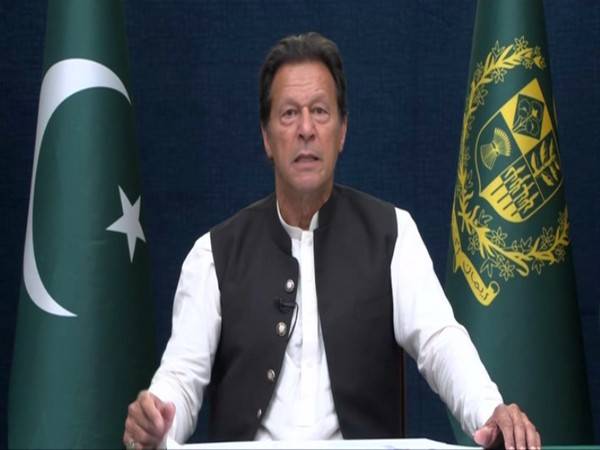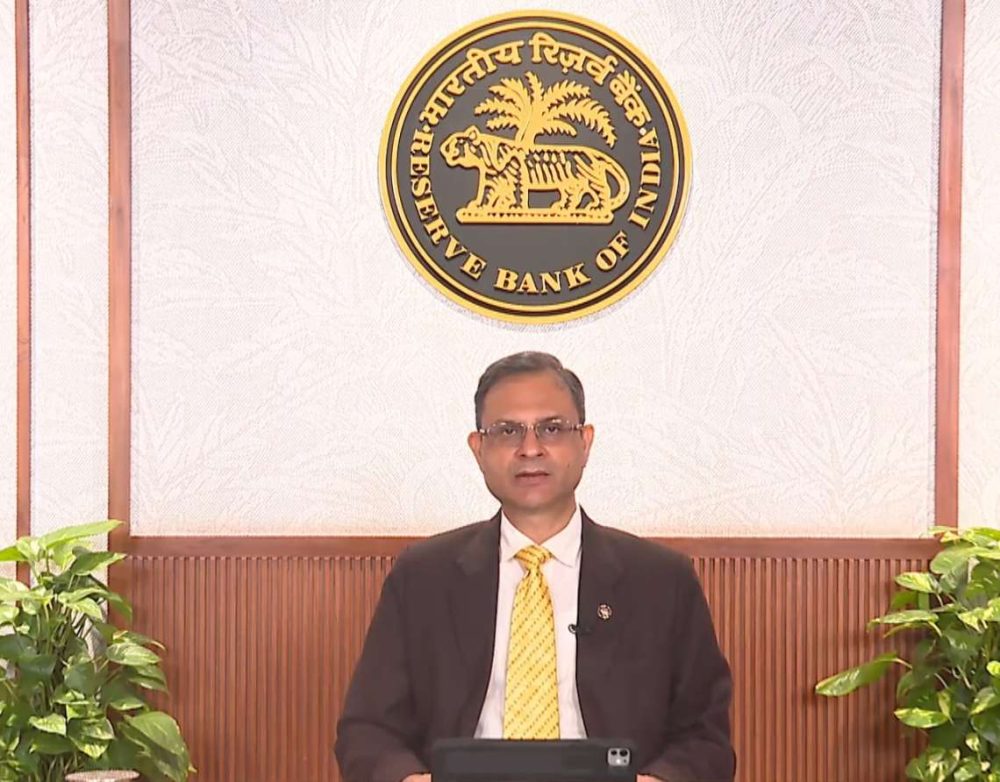The regulator also allowed EGRs interoperable between vault managers to enable ease of withdrawal of gold from the vaults…reports Sameer Patil
Gold has always been an essential part of the socio-economic-cultural ethos of every Indian. As an investment, it has always carried with it the tendency of invoking a sense of sentimental attachment. Despite its tremendous significance, gold investments did not keep pace in terms of ease of buying, storing, and safety. These factors motivated BSE to create a transparent and efficient investment mechanism for gold.
BSE’s role in developing India’s gold market:
BSE has been in the forefront pursuing the case for EGRs. It has made several presentations to the government and regulator on the process workflow. This included interface with Shri Shaktikanta Das ji, the then secretary in Ministry of Finance, and seeking participation of banks, vaults, wholesalers, retailers, importers, and exporters, etc. that forms the ecosystem.
BSE’s first commitment fructified on October 1, 2018, when it became India’s first universal exchange by adding gold derivatives to its product portfolio. With a view to further widen and deepen the Bullion markets, on the suggestion of BSE, framework to introduce ‘options on spot’ prices of commodities instead of futures prices was permitted. BSE launched the first ‘options in goods’ contracts on gold mini and silver kg based on spot prices from June 1, 2020.
BSE became India’s first exchange to comply by India Good Delivery Standard on its commodity platform by adopting Bureau of Indian standard (BIS) notified standards – IS 17278: 2019, for delivery of gold and silver. This was in line with Prime Minister’s vision of ‘Make in India’ and ‘Aatmanirbhar Bharat’ of a self-reliant nation.
With this step, BSE wished to highlight its commitment and priority towards own good delivery standard and emerge as the price-setter instead of a price-taker in bullion trade. BSE has also consistently executed seamless delivery gold across all contracts in both LBMA and IGDS standards at its designated vault in Ahmedabad.
BSE has also played a pivotal role in the success of India International Bullion Exchange (IIBX), where BSE’s wholly-owned subsidiary – BSE Technologies, is the technology provider. BSE’s subsidiary India INX and India ICC hold 20 per cent stake in the IIBX.
Spot Trading in Gold:
BSE has made several presentations to government and regulators on how the spot trading process in gold can work, and how the participants of various types including banks, vaults, wholesaler, retailer, importers, exporters etc. will participate in this ecosystem. BSE was also part of Niti Aayog committee on transforming India’s gold sector, after which the Government of India, in the budget of 2018-19, had announced its intent to establish a system of regulated gold exchanges in the country. Further, in the Union Budget 2021-22, Hon’ble Finance Minister Nirmala Sitharaman ji announced the setting up of a gold spot exchange, and that Securities and Exchange Board of India (SEBI) will be the designated regulator for the proposed gold exchange.
Subsequently in its board meeting held on September 28, 2021, SEBI has introduced two new investing instruments – electronic gold receipts (EGR) and silver ETFs. The instrument representing gold i.e., EGR, and will be having trading, clearing and settlement features akin to other securities that are currently available in India. It is to the testament of SEBI that several new and innovative products including EGRs have been launched in a short time frame.
What are EGR’s:
Currently, India allows trading only in gold derivatives and gold ETFs, unlike several other countries which have spot exchanges for physical trade in gold. Post approval from the SEBI board, Indian investors will soon see a new class of security known as EGR that will be available for trading on the stock exchanges like BSE. Like shares, these EGRs will be held in demat form and can be converted into physical gold when needed. This is part of SEBI’s plan to allow trading of spot gold on the exchange platforms.
To enable trading in physical gold, it is proposed that gold in the form of a depository receipt (backed by physical gold) shall be traded and settled on stock exchanges. The entire trading will be done in three tranches that include conversion from physical gold to EGRs, trading of EGRs and again conversion of EGR back to physical gold. BSE will plan to launch EGRsof different variants and denominations ranging from 1 KG to 1 gram to attract investors and participation of all classes in a phased manner.
The source of supply of the physical gold to be converted into EGR will be the fresh deposit of gold, coming into the vaults, either through imports or through stock exchange(s) accredited domestic refineries. A client can also convert physical gold to EGR by depositing physical gold at the designated delivery centre. Exchanges shall empanel Vault Service Providers (VSPs) based on guidelines prescribed by SEBI. Similarly, clients can redeem EGRs back to physical gold, and the process is complete. An interface will be developed between the vault managers (of physical gold), depositories (that hold EGRs in demat) and stock exchanges and clearing corporations that clear the trade.
Benefits:
Such a product will cater to all market participants which means that buyers and sellers on the exchange shall include individual investors, as well as commercial participants along the value chain like the importers, banks, refiners, bullion traders, jewellery manufacturers and retailers. This can play transformative role in developing India’s gold market encompassing the entire ecosystem and create a vibrant gold ecosystem in India by enabling actual fungibility of gold, which is the need of the hour. The regulator also allowed EGRs interoperable between vault managers to enable ease of withdrawal of gold from the vaults.
The idea of spot trade via EGR will lead to one nation one price of gold. The standard gold that will be traded under EGR will help in creating uniform price structure of gold across the country. At present there is no gold price in the country. This can reduce the existing market inefficiencies that exist in bullion trade and may act as a bridge in integrating spot gold trade with derivatives markets and create a transparent platform for bullion trading.
A single point trading for both spot and derivatives would provide scale, liquidity, and better pricing for all market participants by bringing down cost and cycle time significantly. Trading in EGRs will also greatly contribute to the existing programmes for gold monetisation such as Gold Monetization Scheme (GMS), Gold Bonds and Gold Deposits.
Next Steps:
BSE is also well known for its technological prowess and has always been the fastest-to-go, in a seamless manner, for all new products including commodities. BSE has the technology for such trading of EGRs and has received in-principle approval from SEBI. Mock trading and testing of systems are currently underway, and BSE is ready to launch EGR as a separate segment.
ALSO READ-KEF Unveils Tulah









